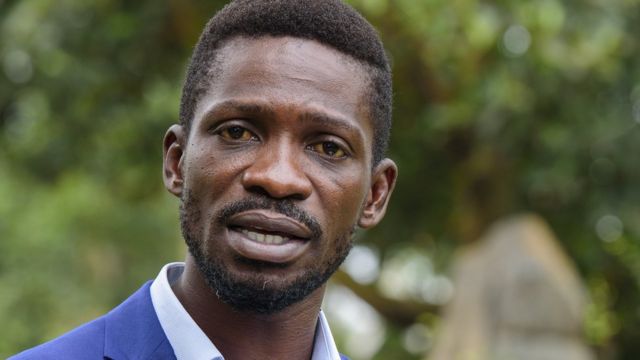If the home of former Presidential candidate, Robert Kyagulanyi, who efffectively ejected President Museveni from Buganda and Busoga through the recently concluded elections, is still besieged despite the Court’s order to end the siege immediately, then it means Uganda is not a strictly law-abiding society but a police-military state.
This is unfortunate because what we have boasted of over time is that we have been able to make many laws, especially in the 10th Parliament. Court was right to rule the way it did on the Grand Kyagulanyi Home Siege (GKHS). The besieging authorities should have taken their claims to Court to be ruled on if they were justified. If that was not done then the siege was a violation of the law.
One thing is true. Besieging a home is not just positioning heavily armed soldiers and policemen around a victim’s house. Environmentally speaking a home with a compound is a homestead and its environment includes the home itself, the entire homestead itself and its immediate surrounds, including roads and paths leading to the homestead. It also includes the built-up area where the owner of the home does his or her shopping.
Condoning off other people is part of the siege and effectively desocialises the victim and makes him or her a pollutant or foreigner in his home environment or surroundings. It makes his or her freedom of association, assembly and expression completely abused. Therefore, following the law demands that the Court Order that the siege of Kyagulanyi’s home ends immediately needs to be heeded to in its entirety by a law-abiding government. If not, it would mean government makes laws and breaks them to the chagrin of law-abiding people.
Law-abiding would mean growth and development in legal orientation of everything we do. It would mean rise in confidence of citizen in the country’s justice system and commitment of government and citizens to seeing that the laws, if they are just laws, that we make legislatively so expensively, in terms of money and time, are respected institutionally and individually. Otherwise, the conclusion would be that we are lawless in practice but lawful in word, unfortunately, and only use the law conveniently, while preventing it officially to work, or allowing it to work only discriminatively.
That would not distinguish us from Apartheid South Africa that the South Africans dumped in the dustbin of history. It would cause us to constantly and persistently ask: Why are we going the Apartheid South African way in the 21st Century when South Africans despised and abolished the abominable practice at the beginning of the New Millennium? This needs serious investigation before it gets out of hand. Otherwise future generations of humanity would blame us for our neglect and docility. Future Humanity would ask, “Where were you when the abominable social practice was rearing its head in our country?
For God and My Country.
Do you have a story in your community or an opinion to share with us: Email us at editorial@watchdoguganda.com













